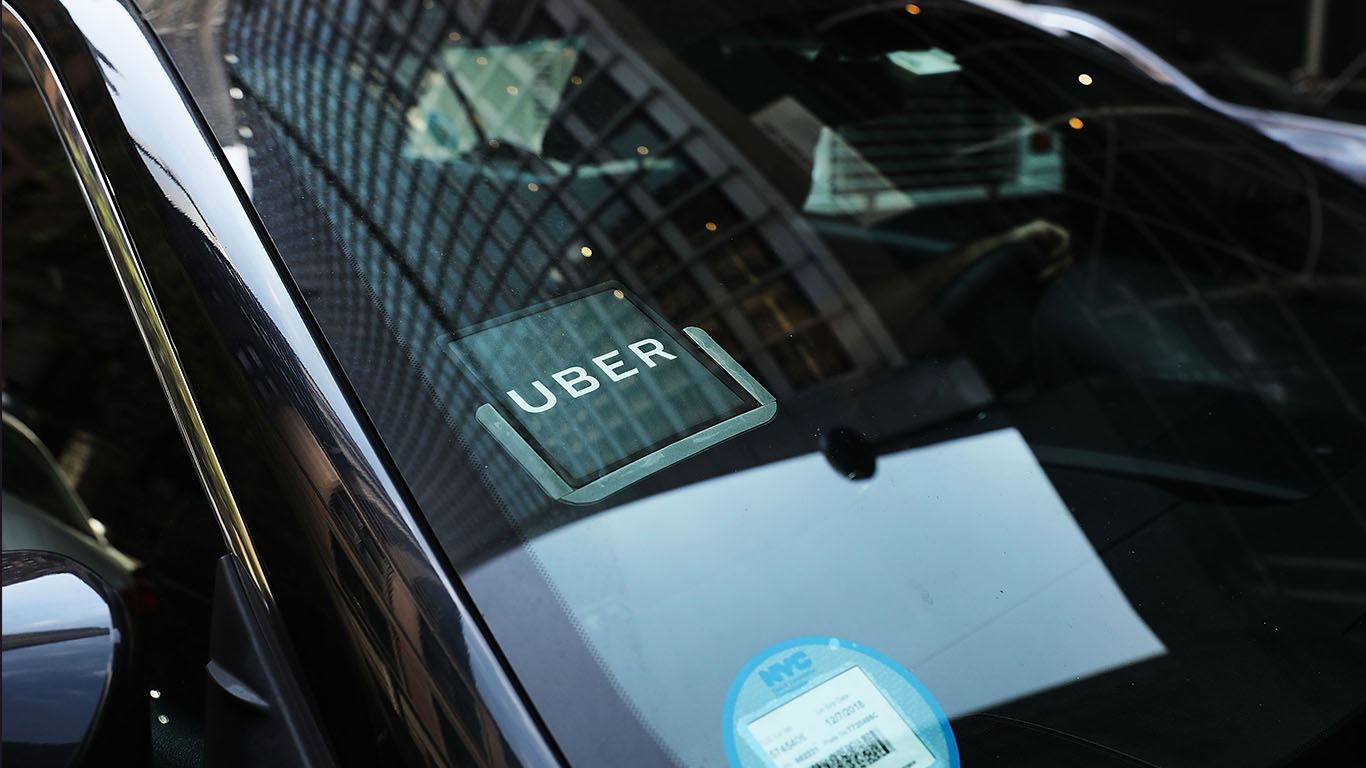

Car ride-sharing company Lyft, No.2 in the sector behind Uber, has filed confidential paperwork to go public. Uber management has already made statements that it wants to go public in 2019. Nothing undermines the IPO market like a market sell down. If the current one does not abate or gets worse into 2019, each company will face a tremendous barrier to its plans. That in turn, will mean they need to operate as private companies and curtail losses so they do not run low on the money they have raised from venture capitalists.
Market troubles mean that the venture capitalists who put hundreds of millions of dollars into start-ups may never get their money back. Since this is the primary goal of most VC deals, the only other exit is a sale of the companies blocked from the public markets.
Several large IPOs have already been canceled due to market conditions this year. Recently, they include LeasePlan, a Dutch car leasing group. China’s Tencent Music Entertainment Group also pulled its IPO. Spanish oil giant Cepsa also killed its plans.
The current market effect on IPOs follows several similar periods over the last few years. In 2016, IPOs hit their lowest level since 2003. The market traded flat to down in 2016, which left few windows of market enthusiasm for new investments
The financial collapse of 2008 crashed the markets, and IPOs were nearly impossible. The Dow traded over 13,000 in October 2007. It dropped below 7,000 in March 2009. Business research firm Hoovers wrote at the end of 2008, “The 31 IPOs offered on the NYSE, NASDAQ and AMEX in 2008 raised $24.1 billion, compared to 209 IPOs in 2007, which raised $48.6 billion.”
The most devastating market drop for IPOs in recent years was the NASDAQ collapse of 2001, also called the end of the internet bubble. In February 2000, the index was at nearly 5,000. By May 2001, it had dropped below 2,000. Some of the largest venture capital-backed companies lost their IPO chances and subsequently went out of business. Some other companies did make it public, only to face sell-downs of their shares which in some cases were over 90%. It has become a cautionary story of why bankers should not push IPOs into challenging markets.
Lyft has hired J.P. Morgan as its IPO banker with an anticipated value of $15 billion. The Wall Street Journal reported that Lyft is hemorrhaging money. While its revenues jumped to $563 million in the third quarter from $300 million in the same period a year ago, Lyft lost $254 million compared with $195 million. At an annual loss run rate of over $1 billion, Lyft faces the question of whether private investors will support it if it cannot get public next year.
Uber has the same problem. It also recently filed IPO paperwork. It has posted a private valuation over $60 billion. Uber lost just over a billion in the third quarter. That puts it loss run rate at $4 billion.
The market sell-off has dropped the value of the S&P 500 from 2,900 in September to 2,600 today. That drop in and off itself may keep IPOs on the sidelines. If it worsens considerable, IPOs of hot companies like Lyft and Uber may well be put on hold indefinitely.
Sponsored: Attention Savvy Investors: Speak to 3 Financial Experts – FREE
Ever wanted an extra set of eyes on an investment you’re considering? Now you can speak with up to 3 financial experts in your area for FREE. By simply
clicking here you can begin to match with financial professionals who can help guide you through the financial decisions you’re making. And the best part? The first conversation with them is free.
Click here to match with up to 3 financial pros who would be excited to help you make financial decisions.
Thank you for reading! Have some feedback for us?
Contact the 24/7 Wall St. editorial team.



